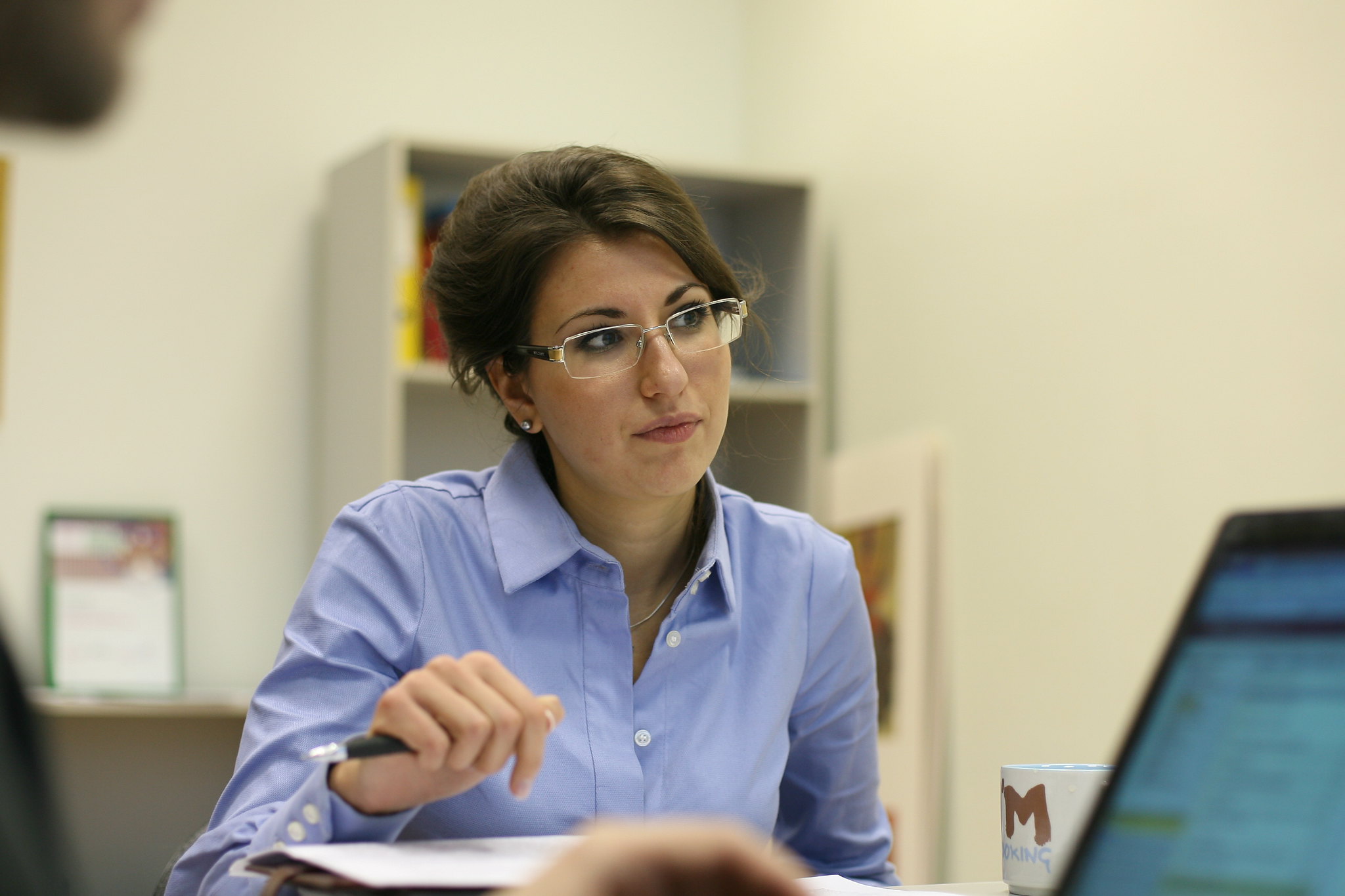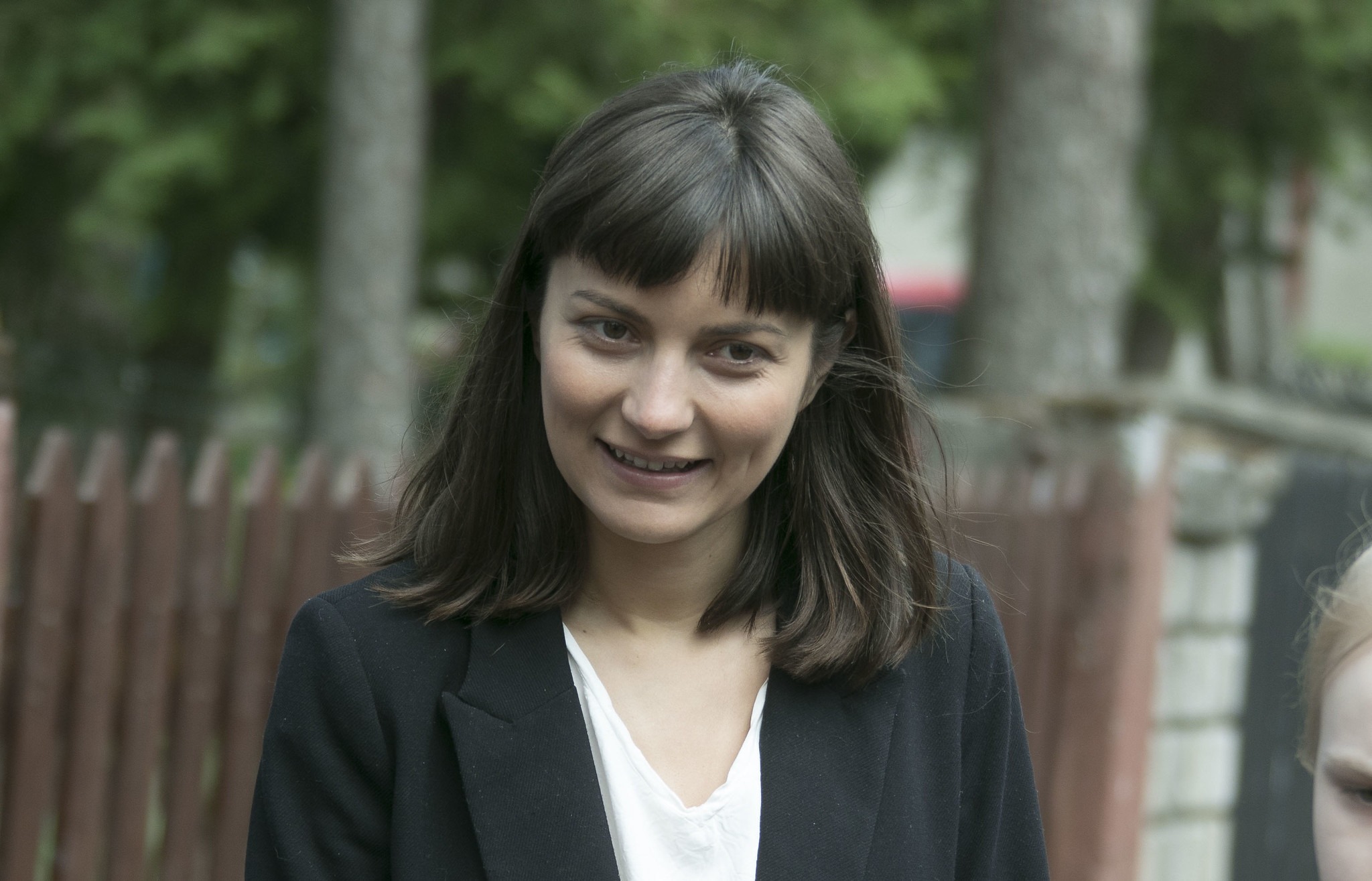
Key Insights:
In April, social media in Lithuania buzzed with a wide range of trending topics, as reported by social listening platform Awario. The stories that captured the most attention are the following ones:
- the recent Iranian missile and drone attack on Israel;
- presidential race for the post;
- the US House of Representatives approving $61 billion in military aid for Ukraine after months of stalling;
- the Three Seas Summit and Business Forum hosted by Lithuania in Vilnius;
- Molotov cocktails being thrown at the Russian embassy in Vilnius;
- Russia’s ongoing war against Ukraine, emphasising Ukraine’s limited ability to hold its positions despite the slowing Russian offensive;
- Lithuania receiving the top ranking (Category 1) from the United States Federal Aviation Administration (FFA) following its first International Aviation Safety Assessment;
- dust from the Sahara, elevating air pollution in Lithuania;
- echoes of Lithuania celebrating 20 years in NATO;
- restricted traffic in Vilnius after a World War Two aerial bomb weighing 250 kg was discovered during excavations;
- a new advertising campaign launched to challenge stereotypes about Vilnius and
- Lithuania signing a letter of intent with Germany’s Rheinmetall on an ammunition factory.
Media outlets with ties to the Kremlin in Lithuania consistently produced content critical of the government. A review of these outlets using media monitoring tools suggests a focus on domestic affairs, which appears to generate the most audience interest. During the month of April, specific outlets discussed the tensions within the government, including the Minister of Education, Science, and Sport, Gintautas Jakštas, handing in his resignation to Prime Minister Ingrida Šimonytė, and criticised the whole education system in general, emphasising the poor execution of the 11th-grade intermediate examinations that were recently introduced in schools. These media outlets also reviewed the current situation in Ukraine and predicted that Ukraine’s collapse is steadily approaching. Other articles frightened citizens by stating that an irreversible process had begun in Lithuania, and the freedom of Lithuania was the freedom of Germany, meaning that German troops that had arrived in Lithuania would have dreadful consequences by directly involving Lithuania in the war.
During this reporting month, a notable achievement was accomplished within the field of countering disinformation in Lithuania. The Delfi news website is the first in Lithuania to introduce a unique tool, Melo Detektorius (Lie Detector), that will help fight against fake news. As Aistė Meidutė, the editor of Melo Detektorius, says, increasingly more people are getting used to looking for the information they care about on social networks, but when this becomes the primary source of information, there is an extremely high risk of being deceived or misinformed. Delfi is, therefore, the first website in Lithuania to offer its readers the use of the tool it has created – the DELFI Melo Detektorius chatbot. Using artificial intelligence, the chatbot will respond to a query by sending an article prepared by fact-checkers. If the relevant statement has not yet been verified, journalists will be warned, and the questioner will receive an answer as soon as the verified fact appears on the Delfi portal. The chatbot will communicate with the audience in Lithuanian. It will not only respond to requests but will also collect all data about disinformation and classify, track, and analyse it to study its spread and operation. The chatbot can respond to disinformation messages in different formats, including video, audio, and text formats.
Overview of findings:
- A total of 681 articles (compared to 544 articles throughout March) were scrutinised from four Kremlin-aligned media outlets still actively operating in Lithuania.
- A well-known participant in anti-government protests, Antanas Kandrotas, publicly known under the nickname Celofanas (Cellophane), further kept his followers entertained on his page “Celofanas LIVE”. 39 posts appeared throughout April, and if it may not sound like a huge number, it is worth reminding that Celofanas is imprisoned at the moment, and his page still manages to maintain such activity, as the majority of posts and live videos feature his companions.
- The most engaged Facebook post on this page during the reporting month included a photo of Kandrotas with the handcuffs with the headline “!IMPORTANT! On 2024.04.14 an attempted murder of Kandrotas was organised”. The post didn’t reveal many details, just noted that “The names of the convicts who planned to stab Antanas Kandrotas to death with homemade knives have not yet been published. The possible initiators of this planned brutal crime are being identified”. The post gathered a notable engagement from Celofanas followers, resulting in nearly 3K interactions with the post (see screenshot on the right). The most engaged comment drew parallels between Lithuania and Russia, claiming that “we criticise Russia for harshly dealing with those who do not follow the system when we have the exact same methods.” All of the other comments also harshly targeted the government, ensuring that it was their initiative, and strongly supported Kandrotas, wishing him patience, strength, and health.
- Data from the Awario media monitoring tool revealed that the topic of Russia’s war against Ukraine remains a heavily engaged topic. Different media pieces, considering this topic generated over 22M in reach (see daily distribution below). As discussions on social media considering war remain very prominent or even intensify due to specific events (e.g., German troops arriving in Lithuania), the numbers of reach correspond to this trend. This whole intense situation gives malign actors an easily manipulated message to spread and sow discord across the country, especially accompanied by the upcoming elections and strong anti-government sentiments.

Story of the month: Suspected embezzlement of millions
During this reporting month, all Lithuanian social media platforms were full of heated debates about the upcoming presidential elections. Lithuanians will cast their votes in the first round on 12th May. The incumbent Gitanas Nausėda has a strong lead in the pre-election polls, followed by Prime Minister Ingrida Šimonytė and lawyer Ignas Vėgėlė.
Vėgėlė has been especially active on social media platforms, and discord between him and Andrius Tapinas, a well-known journalist, took over Facebook during the reporting month. Tapinas wrote a post that received significant engagement (see screenshot on the right), stating that: “Ignas Vėgėlė issued a spoiler about the upcoming joint investigation by Laisvės TV and Siena – Centre for Investigative Journalism about his father’s transactions with Kyrgyzstan, which may have been used to circumvent sanctions”. Tapinas mentioned that the whole filming team had worked in Kyrgyzstan and Belarus, read the essential contracts and their clauses, filmed everything, and will present the study next week. Comments such as “How can he damage his reputation when he doesn’t have one?” appeared, harshly criticising Vėgėlė and his family’s involvement in unlawful activities. (The already released video can be accessed here)
Vėgėlė’s response to the Laisvės TV project about his father’s offshore deals was put into a long post, in which he wrote: “I feel the constant persecution of political elites and systemic journalists. Attempts are being made to put sticks into circles with the most primitive methods: created cases, black ‘journalism’ technologies, and even restrictions on social networks. <…> I will not allow myself to be silenced by the strong systemic forces arrayed against me. I will continue to bravely defend people, fight for justice, and work for Lithuania. I was, am, and will be the lawyer of the people of Lithuania and the lawyer of Lithuania in the world.” The post received notable engagement from social media users, as it generated over 5,000 interactions and was shared over 2,000 times on Facebook. (see screenshot on the right)
Even though a sizeable amount of the comments supported Vėgėlė and his stance, claiming that “systemic politicians are afraid of him” or that “the government is confronted by him and, therefore, wants to silence him”, the comment receiving the most engagement held an opposing position (see screenshot below on the left). The comment started with: “This is my first and last time coming here and commenting. And only because patience is simply running out.” The author asked Vėgėlė: “Do you realise what you are doing? Don’t you think that with your texts like this, you are belittling the state of all of us? Do you have doubts about its system? After reading such a text, a Lithuanian person May think that our state is not a free legal democracy but has been hijacked by some clans, from which we all supposedly need to be ‘liberated’.” He also added that Vėgėlė “has been feeding the Lithuanians with his hysteria for four years. FOUR.” and emphasised the importance of investigative journalism, claiming that: “Investigative journalism is not ‘stalking’, lawyer. This is normal practice in a free democratic country.” He concluded by saying: “I am ASHAMED that such people work as lawyers.” Comment gathered massive involvement, mainly agreeing with the comment’s author. Other comments mocking Vėgėlė also stood out, including one written by a stand-up comedian, Paulius Ambrazevičius, that only included laughing emojis and, thus, concluded the whole post.
Moreover, Vėgėlė‘s picture from the original post with the tape over his mouth quickly became a meme template used for various situations. Among the examples: “Nobody: My cat at 4 in the morning: No one can silence me” – see screenshot below on the left). Or, alleged advertise for erotic good store fantazijos.lt (see screenshot below on the right)
According to recent polls, Vėgėlė still remains among the leaders in the presidential race as he attracts most of the protest votes. It is still unknown whether this public confrontation might affect his electorate, as most of his potential voters see these accusations as “staged” because of his “truth-telling” and putting the current government in an “uncomfortable position”.









